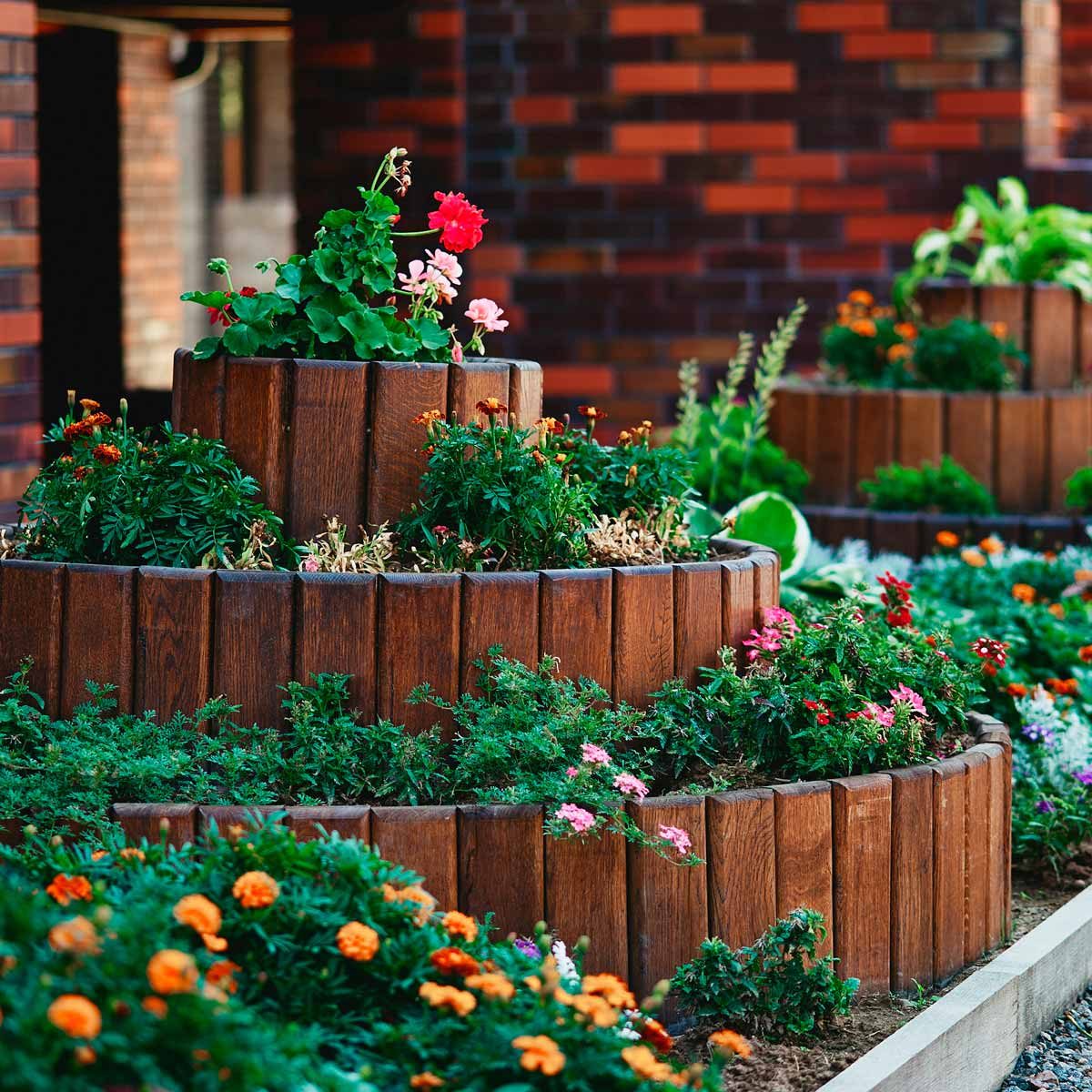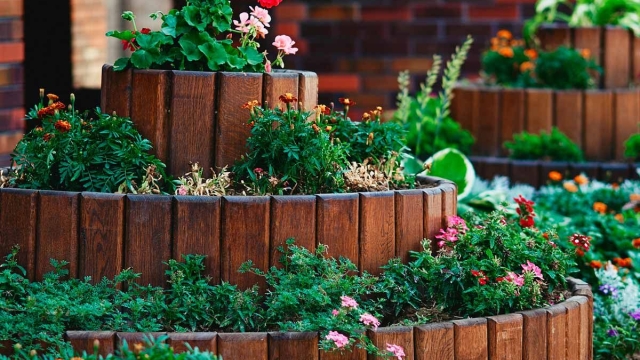
Step into the world of gardening bliss with the enchanting allure of snugniture garden beds. Elevate your gardening experience to new heights with the convenience and functionality of raised beds. Whether you’re a seasoned gardener or just starting out, the versatility and charm of these garden beds are sure to captivate your green thumb aspirations.
Embrace the magic of snugniture garden beds as they effortlessly blend form and function to create a cozy sanctuary for your plants to thrive. With the option to customize the size and configuration of your raised garden bed, you have the freedom to design a space that perfectly fits your gardening vision. Say goodbye to the constraints of traditional gardening and welcome a world where creativity knows no bounds.
Benefits of Raised Garden Beds
Raised garden beds offer a range of advantages for gardeners of all levels. Firstly, the elevated design of these snugniture garden beds provides better drainage, preventing waterlogging and allowing roots to thrive. This is especially beneficial for plants that are sensitive to overwatering.
Snugniture Garden Beds
Secondly, the height of raised beds makes gardening more accessible and enjoyable by reducing the need to bend or kneel. This ergonomic design minimizes strain on the back and knees, making it ideal for gardeners with physical limitations or those looking for a more comfortable gardening experience.
Lastly, raised garden beds can extend the planting season by warming up faster in the spring and retaining heat longer in the fall. This creates a microclimate that can help plants grow more vigorously and produce higher yields, giving you the opportunity to enjoy fresh produce for a longer period.
Choosing the Right Materials
When it comes to creating snugniture garden beds, selecting the appropriate materials is crucial. Opt for durable and weather-resistant options such as cedar or redwood for your raised garden bed. These materials not only provide a visually appealing backdrop for your plants but also offer longevity and sturdiness to support your gardening endeavors for seasons to come.
Avoid using treated wood or materials that may contain harmful chemicals that could seep into your soil and affect the health of your plants. Opting for natural and untreated wood is a safer choice that aligns with organic gardening practices. Additionally, consider the size and dimensions of your garden bed materials to ensure they fit the space you have designated for gardening and provide ample room for your plants to grow and thrive.
Incorporating elements such as galvanized steel or aluminum can also enhance the structural integrity of your raised garden beds. These materials offer excellent durability and can withstand the elements, ensuring that your garden beds remain sturdy and reliable over time. By carefully choosing the right materials for your snugniture garden beds, you can set a solid foundation for a flourishing and sustainable garden space.
Tips for Maximizing Your Raised Garden Beds
When it comes to choosing the right location for your raised garden beds, opt for a spot that receives plenty of sunlight throughout the day. Most vegetables and herbs thrive in full sun, so aim for at least 6 to 8 hours of sunlight for optimal growth.
To promote healthy root development and prevent issues such as waterlogging, ensure your raised beds have good drainage. You can achieve this by adding a layer of gravel or stones at the bottom before filling the bed with soil. This simple step can make a big difference in the overall health of your plants.
Consider companion planting to make the most of the space in your raised garden beds. Pairing compatible plants together can help boost growth, deter pests, and maximize yields. For example, planting basil next to tomatoes can enhance the flavor of the tomatoes and repel insects that harm them. Experiment with different combinations to discover what works best in your garden.

